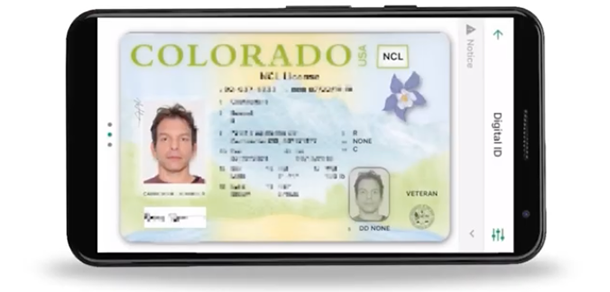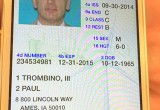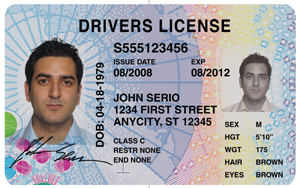New Colorado digital ID includes a Colorado mobile driver’s license
21 November, 2019
category: Digital ID
Digital ID use cases extend well beyond driving privileges, and the Colorado mobile driver’s license aims to offer an array of these advanced services. Gov. Jared Polis recently signed an executive order paving the way for the state to use digital ID for official purposes. The digital ID program, called myColorado, centers around an app designed to function as a one-stop option for biometric, digital, and physical authentication for state residents.
To create an ID, residents take a selfie with their smartphone, and it is compared against the user’s physical driver’s license or identification card photo.
According to reports, residents can use the myColorado app to renew driver’s licenses and vehicle registrations. The app also enables residents to access their driver’s licenses or another state ID to satisfy authentication requirements, though law enforcement is still allowed to ask for a copy of a person’s physical ID depending on circumstances. The digital ID in Colorado also lets citizens store payment information, potentially making the app sticky for citizens.
State agencies are set to begin accepting the Colorado digital ID on Dec. 1. The app will be immediately available via the Apple and Google app stores, but in time “could be available as a web service for state-sanctioned services, and on other platforms,” according to the executive order.
According to a report from StateScoop, “to create an ID, residents must take a photo of themselves with their smartphone, which the app’s machine-learning algorithm compares against the user’s physical driver’s license or identification card photo. To retain the user’s privacy, the smartphone photo is deleted immediately after the comparison, according to the state’s Office of Information Technology.”
Colorado digital ID reflects changing consumer behavior
The current digital ID move comes after a 2017 state pilot involving initial use of mobile digital ID technology. The new and bigger digital ID program reflects changing consumer behavior in the wider world of commerce and payments. “More and more Coloradans are using digital wallets on their smartphones for purchases and other transactions and are less likely to carry their wallets every day,” Polis said in that order. “As technology advances so do opportunities for the state to use technology to improve state services on mobile and web platforms for all Coloradans.”
In addition to the Colorado digital ID, at least seven other state programs are in place, most of which revolve around mobile driver’s licenses. Surveys have shown that the vast majority of U.S. citizens want to use digital ID and mobile driver’s licenses — indeed, one study pegged support for those authentication technologies at 80 percent. Louisiana is among the states that have launched mobile driver’s licenses. While other states had piloted the mobile licenses, this was the first instance where any citizen can use the mobile app during any traffic stop or police interaction.




